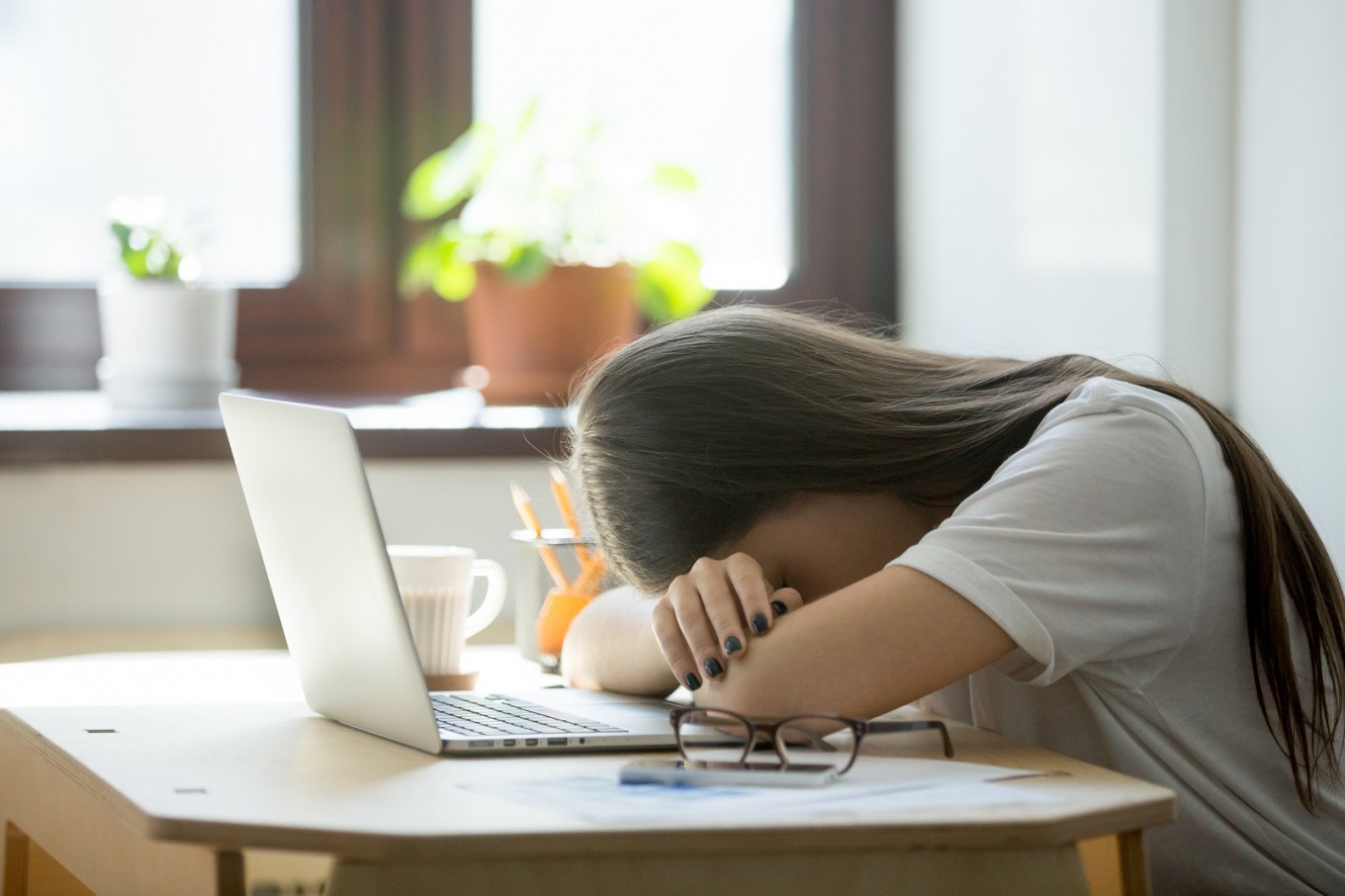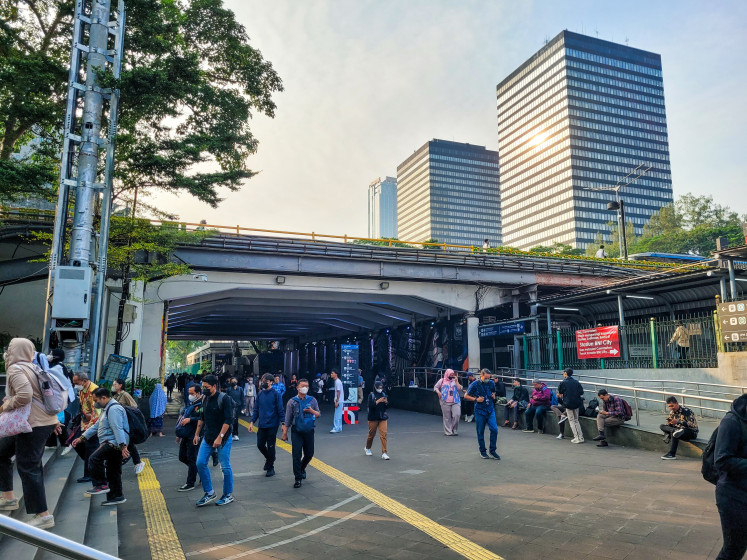Popular Reads
Top Results
Can't find what you're looking for?
View all search resultsPopular Reads
Top Results
Can't find what you're looking for?
View all search resultsHow to make it through the day after a sleepless night
Getting enough sleep is crucial for health. Here are a few ways to survive after occasional sleepless nights.
Change text size
Gift Premium Articles
to Anyone
Sometimes, on account of a sleepless night or tight deadline, we are forced to go through the following day with little sleep.
"When you don't get enough sleep, your brain doesn't function at optimal speed," Leigh Winters, a neuroscientist and wellness expert, told NBC.
"Brain imaging research shows that sleep deprivation results in reduced blood flow to areas of the brain, like the prefrontal cortex [that's] responsible for higher level thought processes like working memory. It's also likely to make you more irritable and prone to mood swings."
If you happen to be in this situation, here are some tips to make it through the day before you can finally crash.
Get outside
"Nature is one of our most underutilized self-soothers both physiological and psychologically," explained Winters.
"Connecting with nature and being in fresh air can make you feel more awake. Also, getting some natural sunlight helps maintain circadian rhythms, which will help get your sleep schedule back on track."
She also explained that the type of light that comes from our phones and computers can mimic natural light, so that can work in a pinch, but physically placing yourself outside can reduce your heart rate and stress levels.
Exercise
You might not be in the mood to hit the gym after a night of little sleep, but experts recommend staying active to stay awake.
"Starting the day with your blood pumping is the best formula for energy for the day. Exercise increases your core metabolic rate and will sustain for hours after you stop exercising," advised Dr. Steven Olmos, a sleep-disorder specialist.
"It can be a walk or dancing around — just make sure to move your body. It's a bonus if you get your fitness on outside,” added Winters.
Eat your greens
While you should always do your best to avoid sugary, processed foods, staying clear of them on these kinds of days is key.
“Skip the ultra-processed foods and beverages," said dietitian Maya Feller. "They may sound good in the moment but will likely provide a rush of unsustained energy that may leave you more tired and hungry. It's a cycle that your already tired body does not need."
Instead, she recommends a lunch “of fish — or really any protein of your choice — with a heaping side of greens topped with nuts and seeds."
Still, make sure to eat, as according to Feller, "skipping meals leads to glucose dips and increased moodiness.” So, stay alert by staying well-fueled.
Read also: Sleepless in Indonesia: When sleeping disorders and mental health are intertwined
Power nap
If you must shut down during the day, don’t allow yourself to drift off for more than 20 minutes. Any more can cause you to be drowsy and unable to stay awake for the rest of the day.
"A power nap can be of value when there is an occasional interruption from the normal schedule of sleep," said Dr. Olmos. "The greatest pressure to sleep is at 4 a.m. and 4 p.m., so if you are feeling an afternoon dip in energy, a quick nap can restore the body fatigue that is felt with the previous night's interrupted sleep." (sul/mut)











